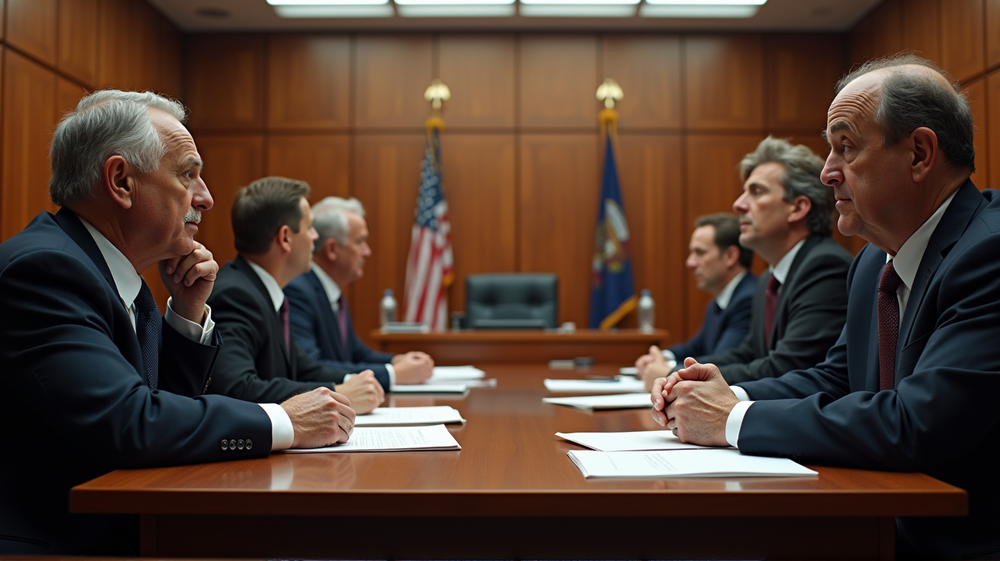In a significant decision that could influence employment law for years to come, the Seventh Circuit Court of Appeals has affirmed a summary judgment in favor of DePaul University. The case, Saud v. DePaul University, centers around allegations of racial bias from a professor, challenging the decisions made by a leading educational institution regarding employment and discrimination.
The Context and Details
The case originates from allegations by the professor, who claimed racial bias played a role in employment decisions at the university. However, the court found insufficient evidence to support these claims, leading to a summary judgment in favor of DePaul University. This decision signifies the importance of concrete evidence in employment discrimination cases.
According to JD Supra, the ruling reflects the need for employees to provide substantiated claims when alleging bias. Without these, institutions may find favor in summary judgments, closing cases before long, costly trials.
Implications for Universities and Employees
This appellate decision has broader implications. Universities and similar institutions may feel a stronger legal footing in enforcing their employment practices, provided they comply with legal and ethical requirements. On the flip side, employees alleging discrimination must ensure their claims are well-documented and supported by evidence.
The court’s decision may embolden educational institutions to maintain or even tighten their existing employment policies, prompting extensive documentation and adherence to nondiscriminatory principles.
Reflecting on Legal Precedents
By siding with DePaul University, the Seventh Circuit sends a message about the legal standards required for race bias claims to advance in court. This decision contributes to a lineage of established precedents that shape how future employment discrimination cases are handled.
Law professionals and employers alike are attentive to these evolving legal standards, with some describing this case as a harbinger of more stringent scrutiny in employment bias allegations across various sectors.
Looking Ahead
Employment law specialists suggest that this ruling might inspire legislative reviews or amendments to current discrimination laws, aiming to adjust the scales between protecting employees’ rights and defending institutional interests effectively.
This decision is a stark reminder for employees to meticulously document instances of alleged discrimination while encouraging institutions to continue fostering inclusive and fair workplace environments. The legal landscape continues to evolve, presenting both challenges and opportunities for those navigating the intricacies of employment law.
The Seventh Circuit’s judgment represents a powerful legal touchstone, reshaping expectations for race bias suit resolutions and underlining the essential role of evidence in court adjudications.













